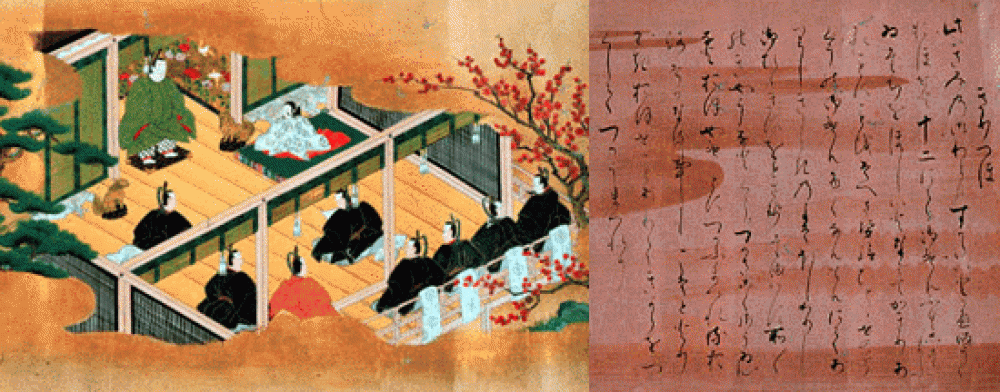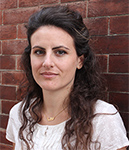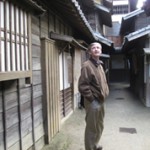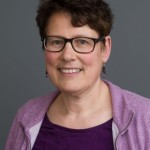Levi Gibbs
Levi Gibbs’s research focuses on Chinese oral literature, folklore studies, and the history of Chinese folksong collection and performance, as they relate to social change, conceptions of the “Folk,” and the relationship between folk and elite. He is currently working on a book project that focuses on the life and songs of the “Folksong King of Western China,” Wang Xiangrong, looking at the role of “song kings” in connecting people, places, past and present. He is also the Associate Editor and Book Review Editor for CHINOPERL: Journal of Chinese Oral & Performing Literature.
Lara Harb
Lara Harb’s research interests include medieval Arabic literature, criticism and theory, medieval Persian literature and literary theory, the reception of Greek thought into Arabic, and non-Western conceptions of “literature” and the “literary”. She is currently working on a book that investigates medieval Arabic understandings and theorizations of aesthetic experience in relation to both profane and divine texts.
Allen Hockley
My interests encompass visual cultures of seventeenth through early twentieth century Japan with particular emphases on woodblock prints, illustrated books, and photography. Consumer studies, theories of popular culture, and anthropological approaches to person-object relations provide the theoretical infrastructure for my scholarship. My current research focuses on visual conceptualizations of Japanese history during the late nineteenth and early twentieth centuries.
Monika Otter
I teach medieval English literature. My research focuses on Latin, French, and English literature from England and northern France, 11th–13th centuries. I have worked on historiography, saints’ lives, romance, and the complicated interfaces between these genres; the development of ‘fiction’ as an idea and as a category of literature; women’s literature and gender issues. Translation theory is another interest of mine.
Michele Warren
My motto is: “The Middle Ages Aren’t Old.” I am a scholar of medieval Europe by training, but also firmly grounded in contemporary concerns. I study how the past shapes the present and how the present conditions how we see history. My research traverses literature, social history, and technology. My attention gravitates to cultural puzzles: how does a tiny note in the margin of a medieval manuscript relate to the social concerns of the day? how does a specific word choice (by a medieval translator or a contemporary politician) encode ideological positions? how does artistic collage connect the past to the future?






